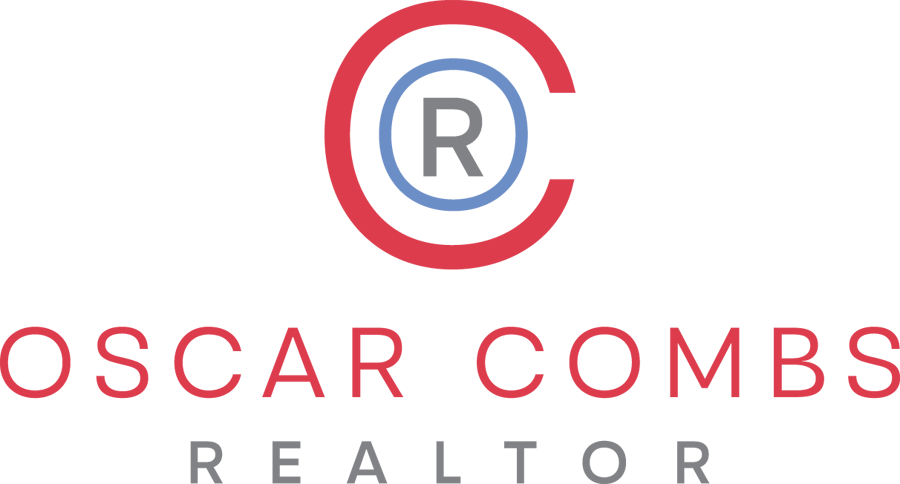
How Will Tariffs Effect Real Estate in 2025?
The primary discussion topic this month in the U.S. is the introduction of President Trump’s new tariffs and looming threats of an economic trade war. Anyone preparing to make a large investment or purchase is undoubtedly concerned about how these tariffs could impact prices and costs.
Real estate is a massive industry with many moving gears to keep it functioning; this means, of course, there are many opportunities for the industry to be impacted by tariffs on various fronts. In this article, we’re going to discuss how real estate and the housing market will be impacted by the current economic changes, and how you can prepare to navigate it successfully.
New Tariff Impacts on Real Estate
Increased Cost of Materials for Construction
Tariffs on construction materials can have significant economic consequences, particularly when the materials are not easily replaceable through alternative imports. Imposing tariffs on such materials would likely drive up costs, resulting in higher expenses for building and renovating homes. This inflationary pressure could make housing less affordable for consumers and further strain the construction industry.
Imported materials are a key element to residential construction here in the United States. A large majority of softwood lumber and gypsum, which are two essential materials used for framing and drywall, are sourced from Canada and Mexico. Tariffs on these imports would directly increase construction costs, discourage new development, and ultimately lead to higher home prices, placing the financial burden on consumers. More than anything, small construction businesses will be impacted the hardest when it comes to increased costs.
Affordable Housing Crisis
Higher material and construction costs resulting from tariffs could make homeownership increasingly unattainable for many prospective buyers. Tariffs are likely to slow economic growth and prompt the Federal Reserve to maintain or raise interest rates, which would, in turn, drive up mortgage rates. The combination of elevated borrowing costs and pricier construction materials would significantly reduce overall housing affordability.
Unfortunately, these rising costs could deepen the housing affordability crisis and widen the financial gap between income groups. As home prices climb, buyers would face larger down payments, steeper closing costs, and potentially stricter credit requirements to qualify for a mortgage. In an already constrained market with limited housing inventory, these barriers would make it even more difficult for first-time buyers or those relying on non-traditional loans to compete against cash buyers and conventional loan offers.
Mortgage Rates
In addition to driving up the cost of new home construction and renovations, tariffs could further impact affordability by contributing to higher mortgage rates. As tariffs increase prices and inflation, they can influence both short-term interest rates set by the Federal Reserve and long-term rates tied to mortgages, ultimately making it more expensive for buyers to finance a home.
How Buyers & Sellers Can Navigate Our Current Real Estate Market
To successfully navigate the real estate market in 2025, homeowners should stay informed about property value trends, as rising construction costs may boost your home’s market value. However, economic inflation could also lead to higher property taxes and maintenance costs. Prospective buyers might benefit from accelerating their purchasing plans to avoid potential price increases and lock in a home before tariffs fully take effect. Buyers can also explore fixed-rate mortgage options to guard against possible interest rate hikes tied to economic uncertainty.
For those navigating the housing market, prioritizing existing homes over new construction may offer more affordability if prices continue to rise. Buyers and homeowners should also budget for potential increases in renovation costs. You should also avoid overextending during competitive bidding situations, as the combination of rising rates and home prices can be financially devastating for buyers who stretch beyond their means.
Conclusion: Stay Updated On Economic Trends
As tariffs and economic uncertainties continue to shape the real estate landscape, staying informed and adaptable is more important than ever. Whether you’re a buyer, seller, or homeowner, understanding how these changes affect construction costs, mortgage rates, and overall affordability will help you make smarter decisions. By planning ahead, exploring stable financing options, and avoiding financial overreach, you can better navigate the market and protect your investment in 2025 and beyond.
Anyone can successfully navigate the housing market in 2025 with an experienced and qualified realtor. Oscar Combs Realtor is here to help you find or list a property in the Houston, Texas area. Contact us today to learn more about how we can turn your dreams into property!





